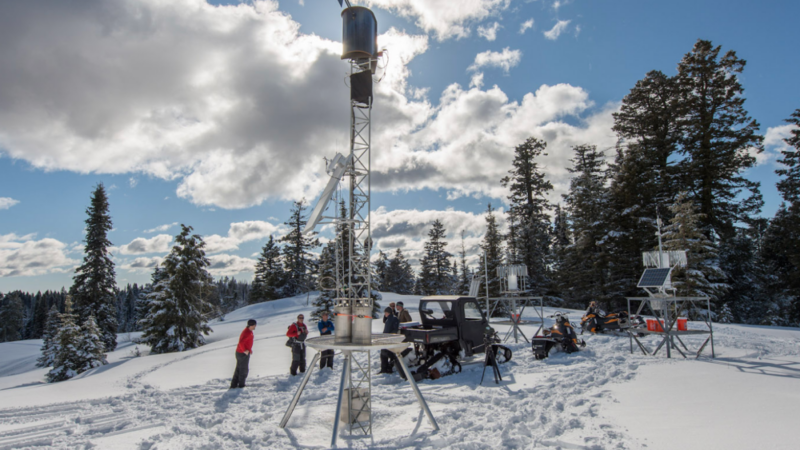Importance of Staying Active as a Senior

Dr Karlfeldt of the Meridian based Karlfeldt Center says that researchers have discovered that the production of hormone FGF21 (responsible for aging) can be reduced with exercise. This hormone also supports the secretion of immune boosting endorphins, detoxification, and healthy blood sugar levels and bones. Exercise is one of several components needed to support health and wellness as we grow older.
In this interview Dr. Michael Karlfeldt speaks with former Star Mayor about staying active and growing old gracefully.
This article was contributed by Jacob Edward,manager of Senior Planning and ALTCS in Phoenix, Arizona
When people stop exercising, especially as they get older, their risk goes up for partially preventable ailments such as heart disease, obesity, and high blood pressure. The good news is that a little bit of daily exercise can go a long way.
Although exercise may seem difficult when you’re just starting out, each time you approach the activity it becomes easier and easier. For older people, small amounts of exercise can lead to major results.
Try starting out by setting aside 10-20 minutes a day for activity.
Activities can include anything from walking a specific distance (even in a mall or grocery store), to doing mild aerobics or light housework/yard work. Once exercising begins to get easier, add on additional activities and extend the time doing them. Additional activities can include doing household chores such as cleaning the house, walking up and down stairs rather than taking an escalator or parking a little further away from the store than usual. Make sure the workout program is a good fit.
Depending upon what you and your doctor’s goals are, make sure you actually enjoy working out.
The biggest way to kill a workout program is to not have fun while doing it. It’s difficult to motivate yourself when you dread the workout activity. If you enjoy hanging out with friends it might be a good idea to incorporate a walk into the hangout time or if you enjoy activities like dancing or other sports, these are what you should be focusing on. Furthermore, there are many group fitness classes and when participating in a class, many people hardly notice they are completing the recommended amount of weekly exercise. It makes things less tedious and obligatory. For those more advanced in age, additional activities can include doing household chores, walking up and down stairs rather than taking an elevator, or even parking a little further away from the store than usual. All physical activity helps.
One often-unexplored avenue to achieving fitness is volunteer work.
Places like hospitals keep their volunteers pretty mobile. You may be engaged in activities such as showing a patient or visitor to the right area of the hospital, delivering flowers, or bringing gifts. Volunteer work can be a great way to not only get the exercise you need, but also to become a positive asset to your community.
Like any type of adjustment to your daily routine that affects your health, it is important to consult your physician. Your doctor should help you create a plan that best serves your needs. Form goals and make an approach to achieve those goals in the quickest and safest way possible. Stay in touch with your physician and always mention things like prolonged soreness, pain, or other negative changes. Keep in mind that overdoing it, especially for an older person who hasn’t been very active recently, isn’t the best approach.
Contributed Article by Jacob Edward,manager of Senior Planning and ALTCS in Phoenix, Arizona. Senior Planning has helped numerous families navigate complicated terrain of long term care, guiding people towards the many available senior services in Arizona




